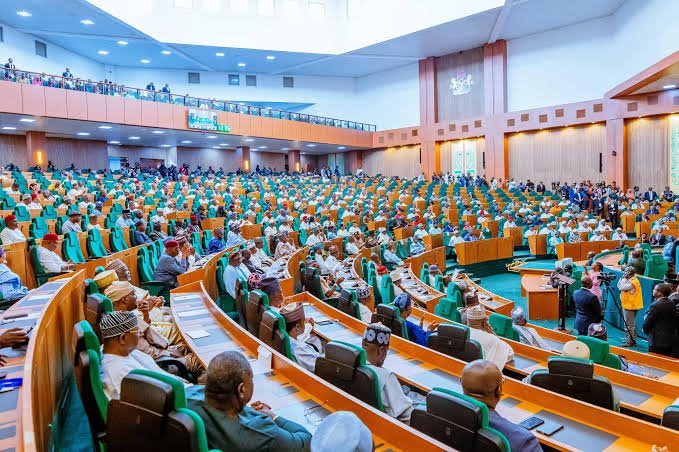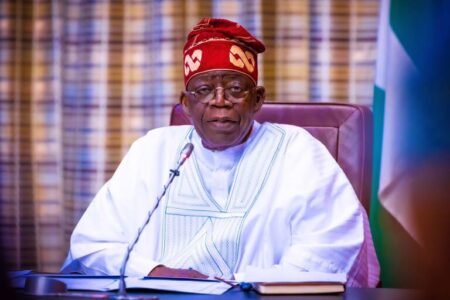A bill to amend the Federal Republic of Nigeria’s 1999 Constitution to include citizenship by investment as one of the classes of citizenship in Nigeria passed second reading in the House of Representatives on Wednesday.
The Citizenship by Investment Bill, one of the Constitution amendment bills currently before the House of Representatives, proposes to modify the Constitution to establish a new class of citizenship known as citizenship by investment.
The bill allows eligible foreign investors who fulfil defined investment thresholds to acquire Nigerian citizenship.
The proposed change seeks to promote foreign direct investment by providing Nigerian citizenship to individuals who engage in the Nigerian economy over a certain financial threshold or in vital industries critical to national development.
Prof Julius Ihonvbere, the House leader, presented the proposed laws for second reading, which were sponsored by the Deputy Speaker, Benjamin Kalu, and other parliamentarians.
Other measures proposed include a bill for an act to modify the Federal Republic of Nigeria’s Constitution, 1999 (as amended), to guarantee indigene status to individuals by birth or continued residence for at least ten years or by marriage and for connected purposes.
Furthermore, the Indigene Status Bill seeks to amend the Constitution to ensure indigene status for anyone born in the country or who has lived there for at least ten years and married.
The explanatory memorandum states that the bill “seeks to alter Section 31 of the Principal Act by inserting new subsections as follows: ‘Alteration of Section 31 of the Principal Act is altered by inserting new subsections “(2) – (5).”
“(2) A citizen of Nigeria is an indigene of a state if he was born in that state and has lived in the state for a continuous period of at least 10 years or was not born in the state but has resided in a local government area of that state for a continuous period of at least 10 years and can provide evidence of tax payment in that state for at least 10 years.”
“(3) A person under subsection (2) of this section is entitled to apply to the local government chairman for a certificate of indigeneship of a state.
“4) A woman who is married to an indigene of a state different from her state of origin for at least five years becomes an indigene of that state and is entitled to all rights and privileges of an indigene of that state in cases of employment, appointment or election into any political or public office.
“(5) In the case of divorce or death of a spouse, a woman remains an indigene if there were children born of the marriage or not, or she elects to remain an indigene of that state.”










